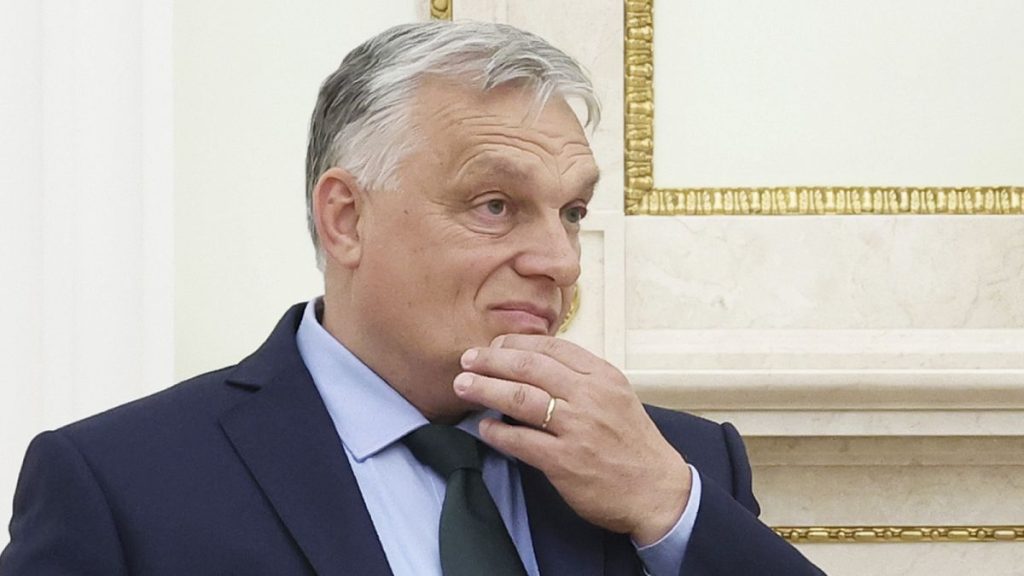The Hungarian foreign minister has accused European governments of targeting Budapest with a ‘campaign of lies’ over the entry scheme. The scheme, which grants a stay of two years renewable by an additional three to “guest workers”, has extended eligibility to Russians and Belarusians. The EU has expressed concerns that the changes to the scheme could allow potential security risks like Russian spies and saboteurs easy access to the Schengen Area. This has led to a deadline for Hungary to explain its easing of entry requirements, with the expectation that the Hungarian government will provide justification for the changes.
Brussels and several Nordic and Baltic countries have voiced deep concerns over Hungary’s entry scheme changes, fearing that it could pose a serious security risk to all member states. The eight Nordic and Baltic countries have sent a letter to the EU’s home affairs chief expressing their worries and emphasizing the importance of Hungary’s response and the following steps in ensuring national security. Hungary’s inclusion of Russian and Belarusian citizens in the National Card program has faced criticism from these countries, with accusations of potential security threats due to the expanded eligibility for the scheme. The EU executive is prepared to assess the compliance and impact of the scheme on Hungary’s obligations under EU law.
Hungary’s foreign minister has responded to the criticism, accusing his Baltic and Nordic counterparts of spreading lies about the security risks posed by the entry scheme changes. Despite concerns raised by other European countries, Péter Szijjártó defended Hungary’s decision, stating that Russian and Belarusian citizens still undergo comprehensive checks to enter and stay in Hungary. The EU has suspended its visa facilitation agreement with Russia following its invasion of Ukraine in 2022, making it more difficult for Russian and Belarusian citizens to enter the bloc. However, Hungary’s changes to its entry scheme could potentially provide a back door for these individuals to access the Schengen Area, raising concerns about border security.
The tensions between Brussels and Budapest have escalated following Prime Minister Viktor Orbán’s meeting with Russian President Vladimir Putin in Moscow. This move was seen as a provocation by EU leaders, especially as it coincided with Hungary’s presidency of the Council of the EU. Orbán’s actions, including blocking critical EU decisions on support to Ukraine and aid under the European Peace Facility, have further strained relations with the EU. This has resulted in a historic low in relations between Brussels and Budapest, with many EU ministers expressing frustration with Orbán’s actions and attempts to derail important EU decisions.
The ongoing disagreement over Hungary’s entry scheme and its foreign policy decisions has highlighted the growing divide between Budapest and other European countries, particularly within the EU. The concerns raised by the EU and Nordic and Baltic countries over potential security risks posed by the scheme changes reflect a broader unease with Hungary’s foreign policy and its alignment with Russia. As the deadline for Hungary to explain its actions approaches, the EU executive stands ready to assess the situation and take necessary steps to ensure compliance with EU law and safeguard the security of the Schengen Area. The outcome of this dispute and its implications for future relations between Hungary and other EU member states remain uncertain.


